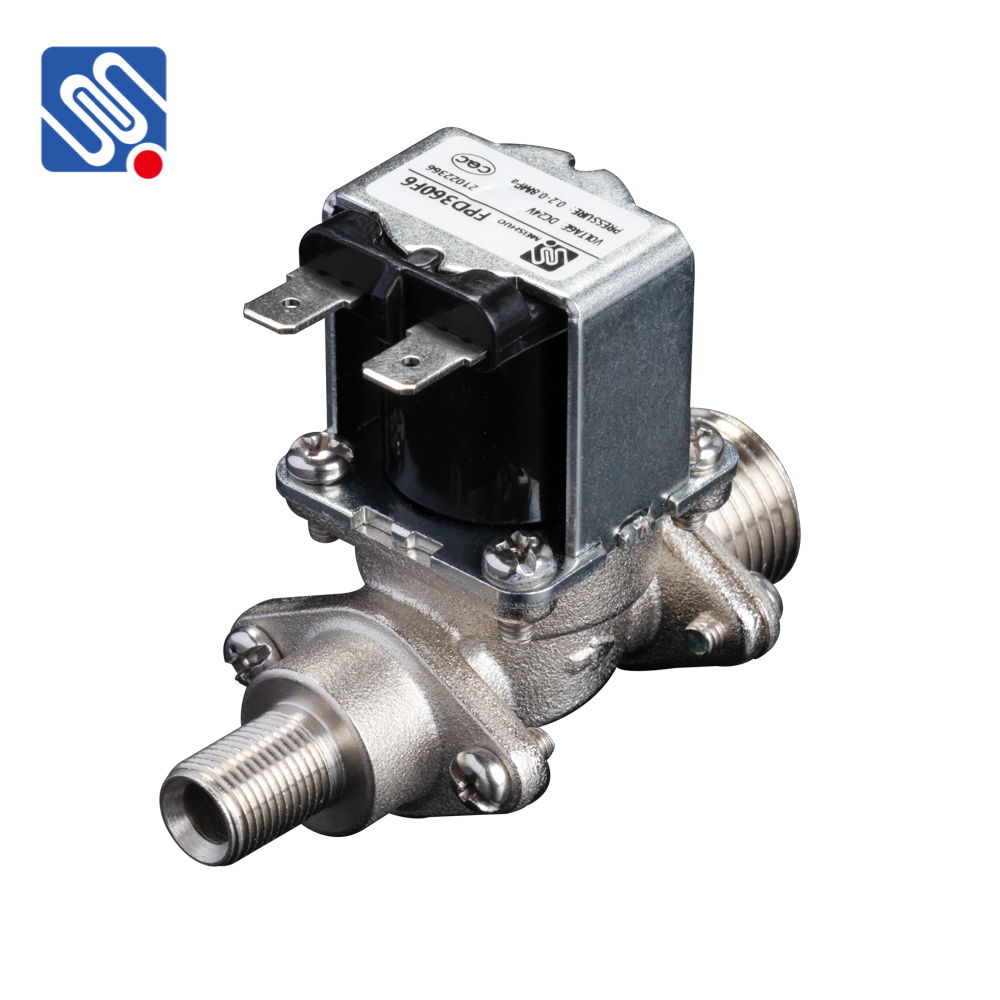flow control solenoid valve: essential components in fluid control systems
Release time:2025-10-27 04:56:25
Flow Control Solenoid Valves (FCSVs) are pivotal components in modern fluid control systems. These valves are designed to precisely regulate the flow of fluids, whether gas, liquid, or other substances, in a variety of industries, including manufacturing, automotive, HVAC, and hydraulic systems. The ability to control the flow rate of fluids is crucial in maintaining system efficiency, ensuring safety, and achieving optimal performance. In this article, we will explore the design, working principles, types, applications, and advantages of Flow Control Solenoid Valves.

What is a Flow Control Solenoid Valve?
A Flow Control Solenoid Valve is an electromechanical device that controls the flow of fluids by adjusting the valve’s opening via an electromagnetic mechanism. Typically, it consists of a coil, a plunger, and a spring. When current passes through the coil, it generates a magnetic field that moves the plunger, which in turn alters the position of the valve to regulate the flow rate. By varying the input signal, the valve's opening can be adjusted to allow more or less fluid to pass through, making it an essential component in fluid regulation.
Working Principles

